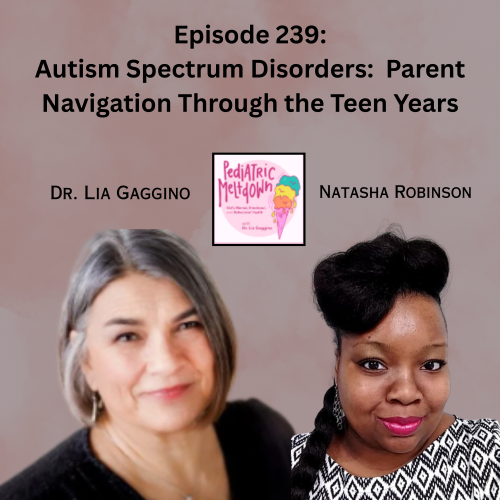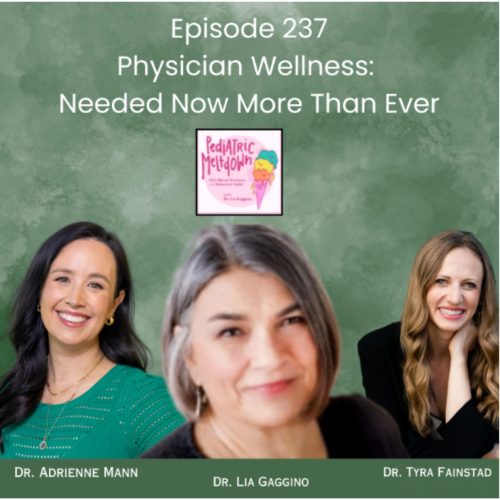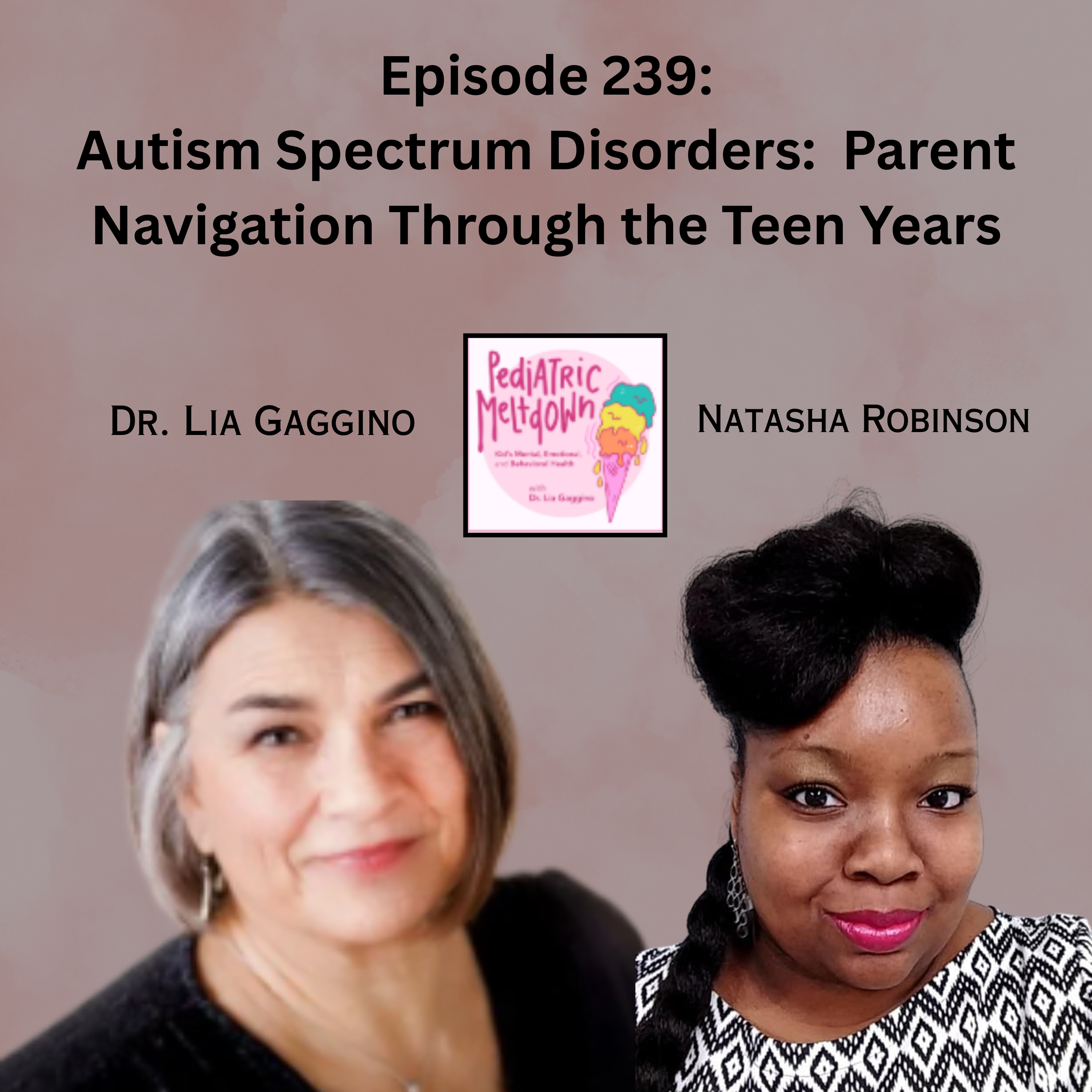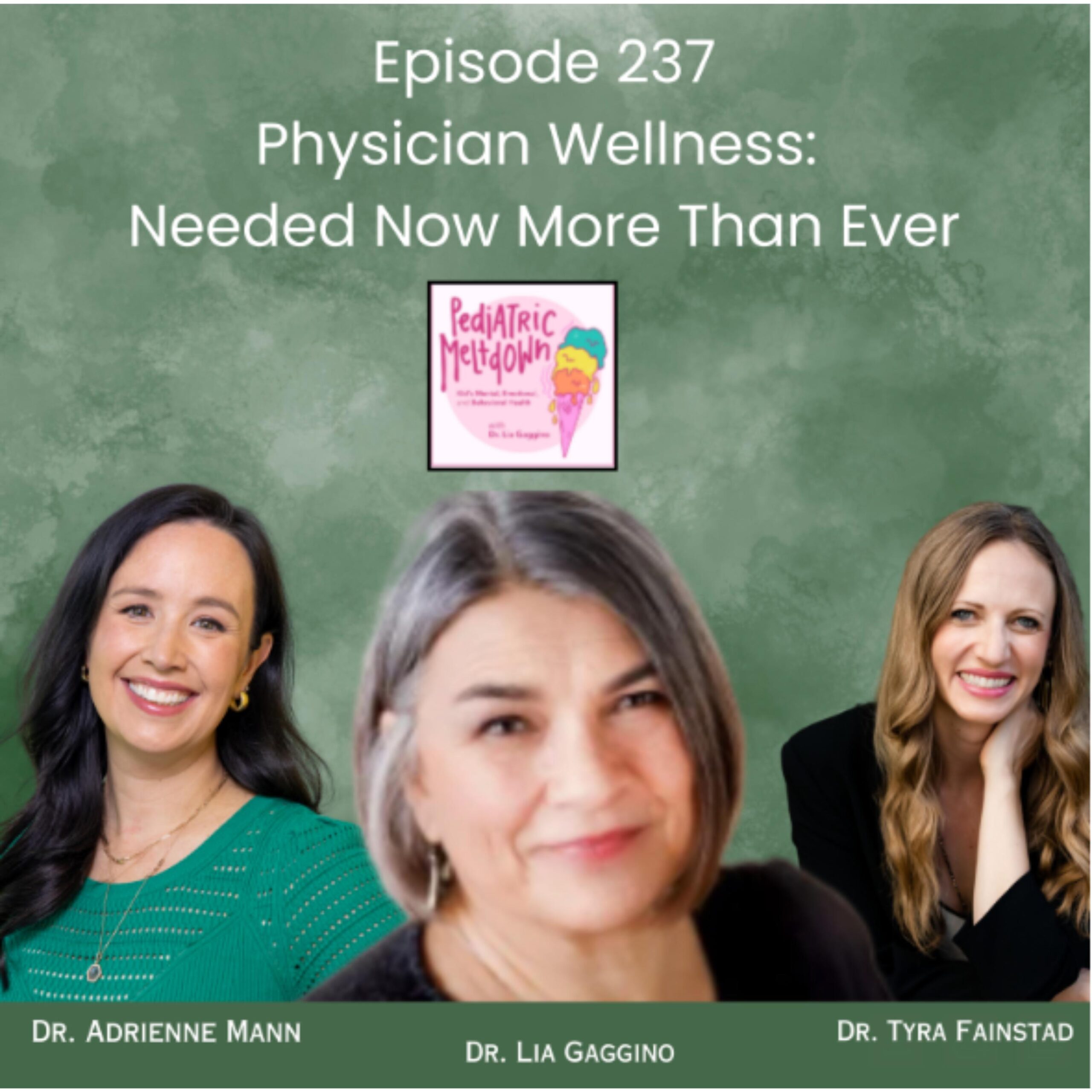Apraxia is a disorder that affects language development. It is most commonly seen in children between two and seven years old, but it can also occur at any point during development. In this episode, Dr. Sheryl Rosin, Ph.D. discloses the symptoms of apraxia speech and the importance of visiting a specialist for an evaluation if you believe that your child may have it. During the evaluation, your child’s receptive and expressive language skills will be assessed to determine if there is a problem with that area of development. If there is a problem, therapies may be recommended to help your child improve their speech. Let’s dig into the childhood apraxia!
Dr. Sheryl Rosin is a speech-language pathologist, professor, and certified autism specialist with 25 years of experience in the field. She has presented around the world and has been published in research journals on best practices in assessment and intervention for individuals with ASD. She is the owner and director of Palm Beach Speech-Language Specialists in south Florida and the Founder and Consulting Director of The St. Kitts Spectrum Services Centre in St. Kitts, the first autism clinic in the Caribbean. Dr. Rosin was the recipient of the 2017 Louis M. DiCarlo Award for Clinical Achievement from the American Speech-Language-Hearing Association.
Key Highlights:
[00:01 – 09:27] Open Segment
An overview of apraxia speech
The difference between apraxia in adults and children
A referral to a professional for further evaluation is always beneficial in determining if apraxia is present
[09:28 – 22:46] Referring A Child For An Assessment
Have an honest and open conversation with parents when referring the child for an assessment
Things pediatricians might see when referring a child for an assessment of a speech or language disorder
Different ways apraxia can be diagnosed
[22:47 – 32:53] Therapy Involves Building Up Vocabulary and Fluency
Speech therapy for children with apraxia and dislocates
It is more typical for individuals to have typical disfluency than stuttering
Why singing can be a great way for disfluent individuals to improve their communication skills
[32:54 – 44:17] It’s Always Okay to Check Out A Child’s Development
The difference between stuttering and apraxia
When pediatricians should refer children for speech and language evaluation
Pediatricians shouldn’t wait too long to refer a child for evaluation to offer hope to parents
The importance of following up on any concerns or suspicions that may arise after a good visit
[44:18 – 50:53] Final Takeaways
- When children are not meeting developmental milestones for receptive or expressive language, check it out.
- Childhood apraxia is a speech disorder of motor coordination and planning
- Apraxia may look like groping or searching to get sound out
- Because this is a motor coordination and planning disorder, there may be associated fine motor and gross motor delays as well
- The differential includes brain trauma and injury
- Refer for an evaluation when you’re concerned, there is no time to waste
- It helps the speech therapist for us to set the state of what some of these possibilities might be
- The evaluation with the therapist, especially with these young kids is to play really smart play
- Therapy for apraxia looks like learning a sport and building motor memory
- Moving on to stuttering and stutter like
- Stuttering can be a lifelong disorder
- Trust your expertise to know what feels like a typical development
- When in doubt, check it out
Resources Mentioned:
Key quotes:
“When in doubt, just refer because it might cost something to get an evaluation, but it would cost more in their lifetime if we are missing something, that we could definitely intervene and help on an earlier basis.”- Sheryl Rosin
“Don’t react, don’t gasp and say or don’t get it out. You don’t want to put that anxiety and pressure on the child because then that could turn into something more behavioral and then a stuttering pattern could continue.” – Sheryl Rosin
THANK YOU FOR YOUR SUPPORT!
Pediatric Meltdown was listed as a Top 20 Pediatric Podcast on FeedSpot.
If you’d like to connect with me, you can find me on LinkedIn, Facebook, Instagram, and Twitter, or email me at [email protected] or [email protected]. To learn more about me visit https://www.medicalbhs.com/
LOVE WHAT YOU HEARD? Leave us a 5-star review so we can continue to provide you with great content. Share this episode and help people know more about children’s health and well-being.








